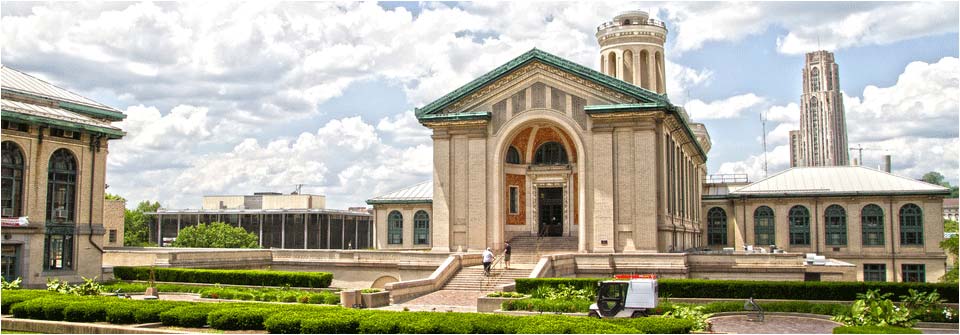Team:Carnegie Mellon
From 2012.igem.org
(Difference between revisions)
JSalazar88 (Talk | contribs) |
JSalazar88 (Talk | contribs) |
||
| Line 465: | Line 465: | ||
</p> | </p> | ||
<ul><li> considered aspects of <a href="https://2012.igem.org/Team:Carnegie_Mellon/Modelling" class="external text" title="https://2012.igem.org/Team:Carnegie_Mellon/Modelling" rel="nofollow">scale-up</a>, including the <a href="https://2012.igem.org/Team:Carnegie_Mellon" class="external text" title="https://2012.igem.org/Team:Carnegie_Mellon" rel="nofollow">ethical, legal and social implications</a> of our BioBrick, | <ul><li> considered aspects of <a href="https://2012.igem.org/Team:Carnegie_Mellon/Modelling" class="external text" title="https://2012.igem.org/Team:Carnegie_Mellon/Modelling" rel="nofollow">scale-up</a>, including the <a href="https://2012.igem.org/Team:Carnegie_Mellon" class="external text" title="https://2012.igem.org/Team:Carnegie_Mellon" rel="nofollow">ethical, legal and social implications</a> of our BioBrick, | ||
| - | </li><li> | + | </li><li> Programmed <a href="https://2012.igem.org/Team:Carnegie_Mellon/Software" class="external text" title="https://2012.igem.org/Team:Carnegie_Mellon/Software" rel="nofollow">a new piece of software</a> for modeling our BioBrick to students, |
| - | </li><li> <a href="https://2012.igem.org/Team:Carnegie_Mellon/Protocols" class="external text" title="https://2012.igem.org/Team:Carnegie_Mellon/Protocols" rel="nofollow"> | + | </li><li> <a href="https://2012.igem.org/Team:Carnegie_Mellon/Protocols" class="external text" title="https://2012.igem.org/Team:Carnegie_Mellon/Protocols" rel="nofollow">Developed and tested techniques for measuring translational efficiency and transcriptional strength, |
| - | </li><li> | + | </li><li> Participated in human practices demonstration xxx. |
</li></ul> | </li></ul> | ||
Revision as of 11:41, 11 June 2012
Team:Carnegie_Mellon
From 2012.igem.org
Contents |
Introduction: Motivation
- We seek to develop a BioBrick that will allow researchers in the field of synthetic biology to accurately measure translational efficiency, and transcriptional strength.
- We believe that we can use Spinach as a biosensor to reflect these metrics in vivo, rather than in vitro, which has previously proven to be very costly and impractical.
- We will characterize the relationship between genetic expression of Spinach (upstream), translational efficiency, and transcriptional strength.
Abstract/Introduction
Motivation question
Humanistic implications go here
Primary Objective: A Useful BioBrick for Synthetic Biologists
We believe the development of this unprecedented BioBrick will help synthetic biologists in a variety of applications, for a variety of purposes such as the following:
- example application
- example application
- example application
Our proposed BioBrick is novel, and potentially very useful in practice.
Secondary Objective: Humanistic Practice
FAQ/Terminology in engineering Escherichia coli to monitor these variables via fluorescence. Find out more about Carnegie Mellon: (CMU Home Page).
Further Considerations
In the pursuit of our project, as well as the biological aspects, we:
- considered aspects of scale-up, including the ethical, legal and social implications of our BioBrick,
- Programmed a new piece of software for modeling our BioBrick to students,
- Developed and tested techniques for measuring translational efficiency and transcriptional strength,
- Participated in human practices demonstration xxx.
 "
"



